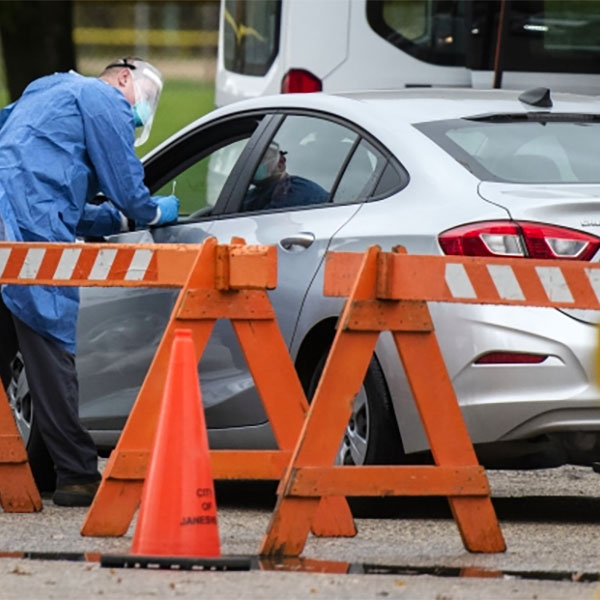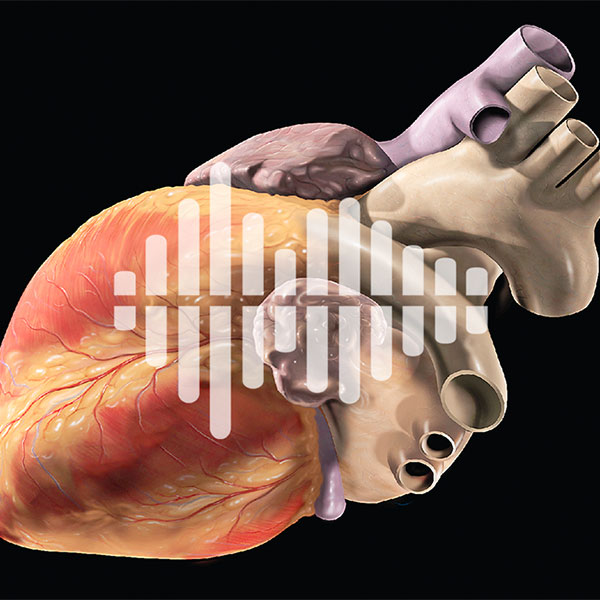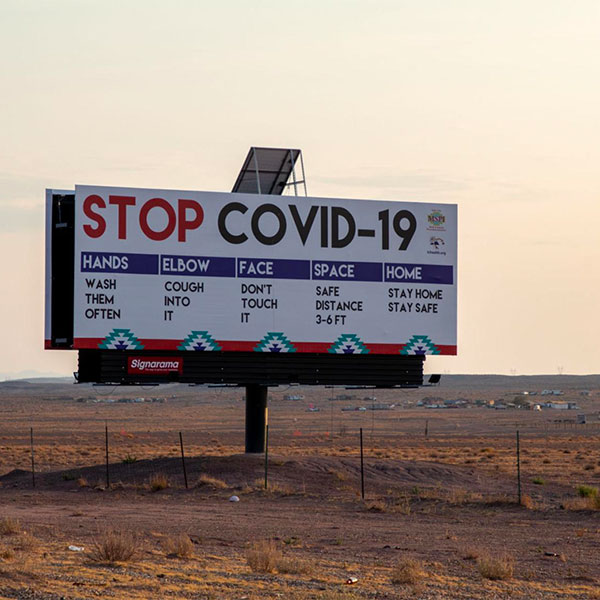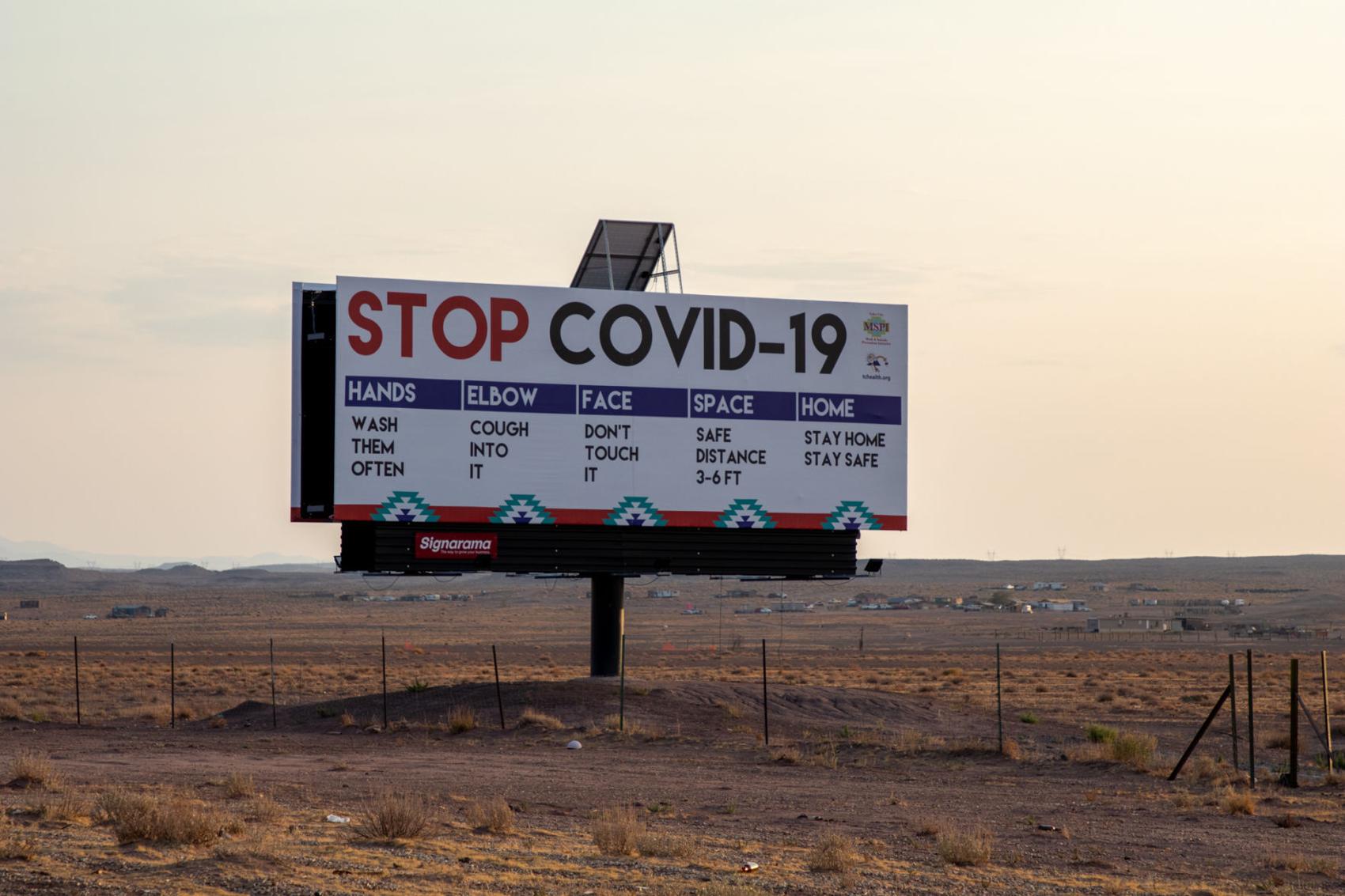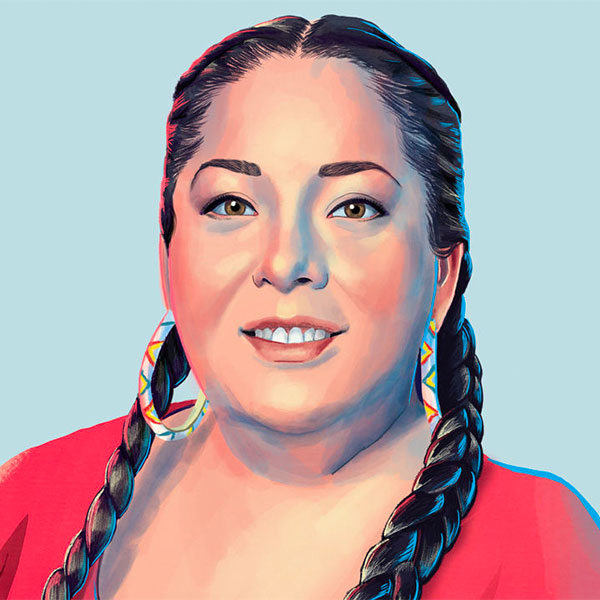In this month’s Preventive Medicine Grand Rounds, speakers showcased the work of Tribal Epidemiology Centers (TECs) to protect American Indian and Alaskan Native persons against COVID-19. As Public Health Authorities, TECs are uniquely positioned within Tribal and Urban Indian communities to effectively conduct disease surveillance, public health research, prevention and control of disease, and more. This session highlights the importance of systematically including tribes, tribal organizations, and TECs into the United States public health system.
Authorized by Congress in 1996, TECs were established within the Indian Health Service (IHS) as a solution to the discontinuation of regional medical epidemiologist positions. Recognizing epidemiology as a major foundation of public health, several IHS staff who were graduates from CDC’s Preventive Medicine Residency and Epidemic Intelligence Service programs, worked together and served as the masterminds behind the formation of TECs. They were involved with guiding the concepts, developing the legislation that provides public health authority to the TECs today, and launching some of the first TECs.
Speakers
Captain Jennifer Giroux, MD, MPH
Public Health Advisor / Consultant
Great Plains Area Indian Health Service
Kevin English, DrPH
Director
Albuquerque Area Southwest Tribal Epidemiology Center
Aurimar Ayala, MPH
Epidemiology Manager
California Tribal Epidemiology Center
Amy Poel, MPH
Epidemiologist (stand-in for Adrian E. Dominguez)
Urban Indian Health Institute
Jonathan Davis, PhD
Program Manager
Inter Tribal Council of Arizona, Inc. Tribal Epidemiology Center
Pj Beaudry, MPH
Director
Great Plains Tribal Epidemiology Center
These grand rounds presentations are provided as a courtesy of CDC’s Preventive Medicine Residency and Fellowship program (PMR/F) with the goal of sharing systems-based approaches and leadership practices to address population health issues and public health emergencies.
Continuing Education
Continuing education (CE) is available and there is no cost for this activity. For more details, go to https://www.cdc.gov/prevmed/pmgr/continuing-education.html.
For More Information
Please contact the PMR/F program at prevmed@cdc.gov or visit the Preventive Medicine Grand Rounds web page.
Access the Webinar Recording here: https://adobeconnect.cdc.gov/pexm4j35o8jw/

